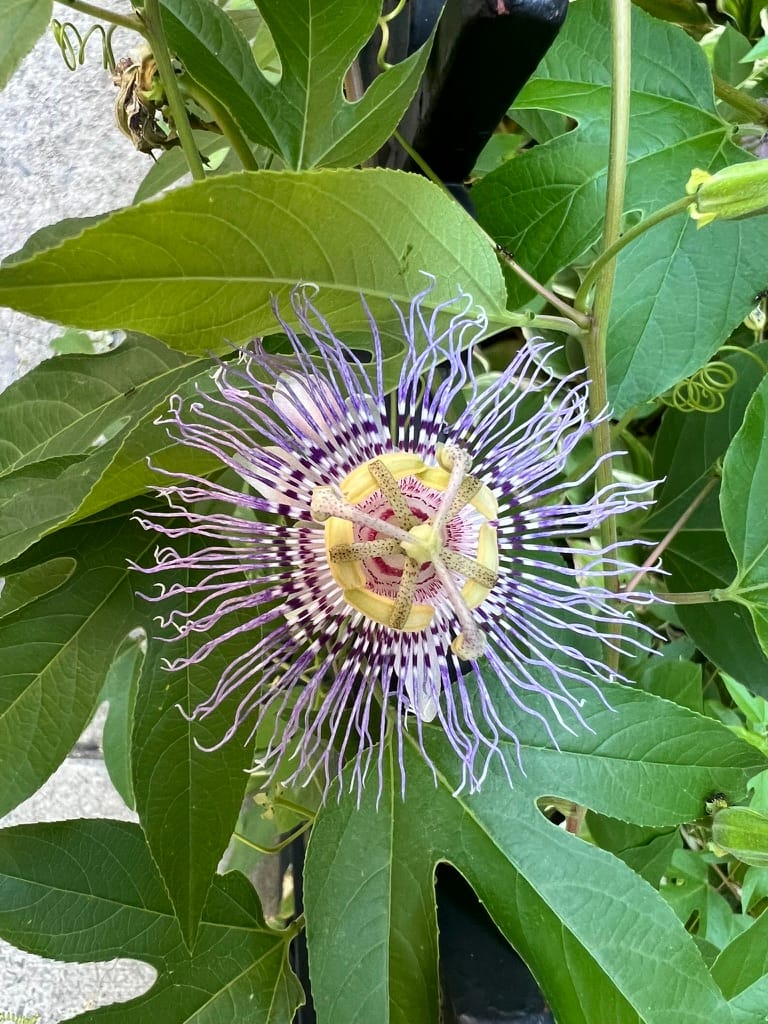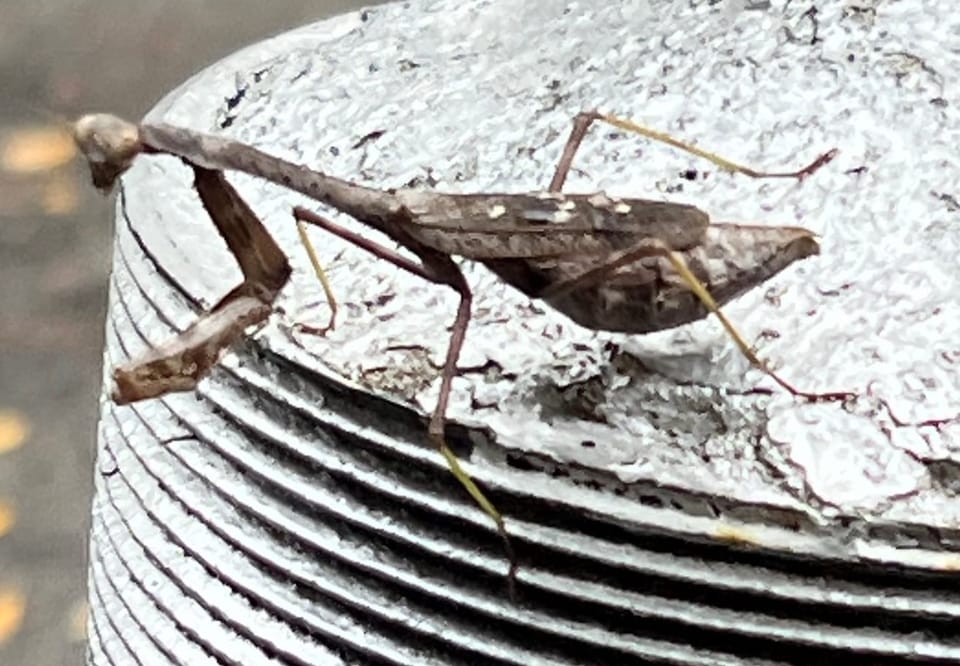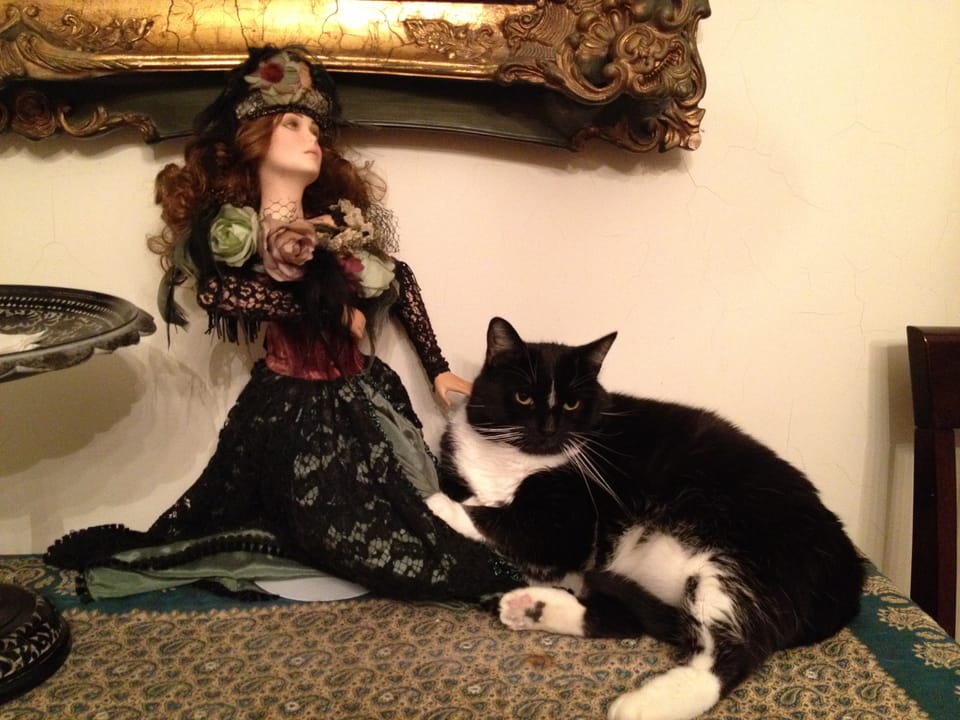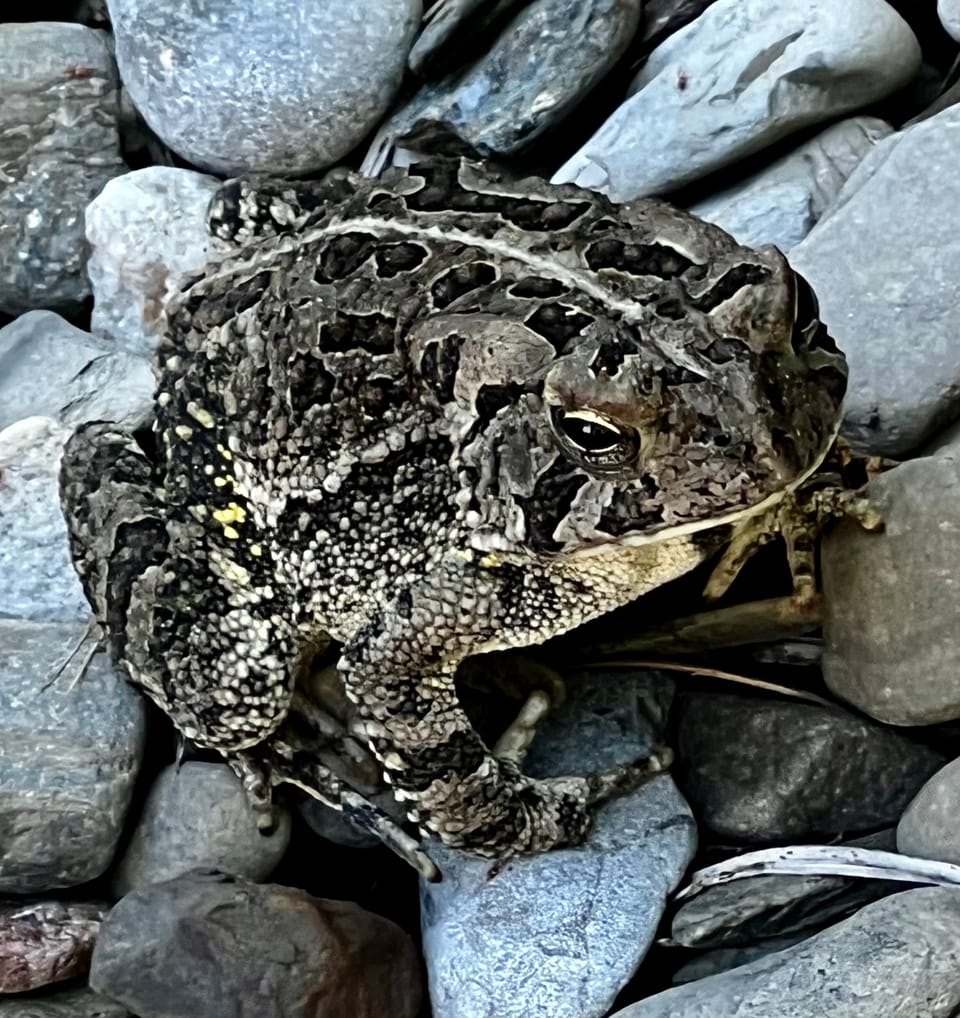It All Connects is for anyone who grapples with complexity—of identity, art-making, culture, or conscience—to make a difference in their own life and, potentially, in the life of their community.




Clockwise from left to right: Passiflora, Hydrangea, Dianthus, and Dahlia Pinata


At the Brooklyn Book Festival on September 21, I had the opportunity to record this video for Sagging Meniscus press. I'm looking forward to reading the book, Wings, by Amir Or, translated from the Hebrew by Seth Michelson:


“[I]n that library I experienced loneliness, real loneliness, but also exquisite artistic loneliness: You’re lonely but also exquisitely happy if it’s snowing outside and you’re working on a novel. There’s nothing more gorgeous than that.”
—Kiran Desai, quoted in Poets & Writers
Lines That Didn’t Make The Cut #3
You know you are expected to respond,
that rules establish how to choose your words.
Instead, you lead her out beyond the edge
and watch her iron shackles become birds.
Surrender to this failure. Shave your head.
Embrace her like the resurrected dead.
Lines That Didn’t Make The Cut #4
You did not create
the arrogance
that lies in wait.
Wilted in the sun,
surrendered generosity
is not an accident.
Facts matter.
So does silence.
A lesson I learn each time I think I’ve finished a manuscript: that’s when I need to let it sit for however long it takes—this time it’s been more than a year—before I read through it at least twice more to catch at the manuscript level what needs changing. I’m always way to programmatic at first, but I need to do that in order to be able to let my intuition do its work. When that work is done, so is the manuscript.
Lines That Didn’t Make The Cut #2
They can’t be less inhuman than they are.
The line of people leaving, a living scar
across the flesh that was our home, stretched far
beyond where I, at six years old, could see.
Even now, that child breathes in me,
riding his father's shoulders, hiding the jar
of colored shells he feared they’d confiscate
beneath the coat his mother wrapped him in.
